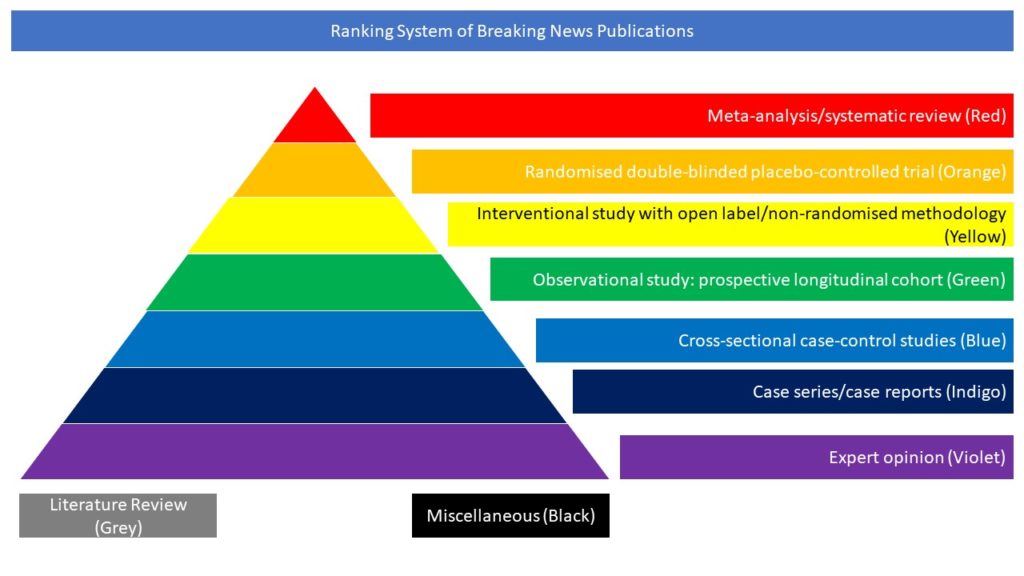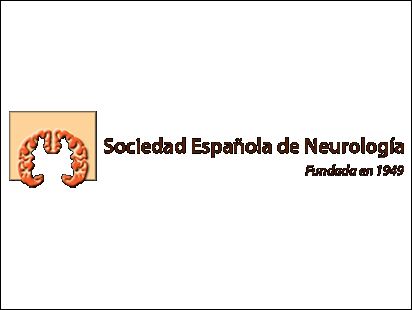Interventional study with open label/non-randomised methodology (Yellow)
Use of heterologous prime-boost COVID-19 vaccine schedules could facilitate mass COVID-19 immunisation. However, the authors have previously reported that heterologous schedules incorporating an adenoviral vectored vaccine (ChAdOx1 nCoV-19, AstraZeneca; hereafter referred to as ChAd) and an mRNA vaccine (BNT162b2, Pfizer–BioNTech; hereafter referred to as BNT) at a 4-week interval are more reactogenic than homologous schedules. Here, they report the safety and immunogenicity of heterologous schedules with the ChAd and BNT vaccines. Com-COV was a participant-blinded, randomised, non-inferiority trial evaluating vaccine safety, reactogenicity, and immunogenicity. Adults aged 50 years and older with no or well controlled comorbidities and no previous SARS-CoV-2 infection by laboratory confirmation were eligible and were recruited at eight sites across the UK. The majority of eligible participants were enrolled into the general cohort (28-day or 84-day prime-boost intervals), who were randomly assigned (1:1:1:1:1:1:1:1) to receive ChAd/ChAd, ChAd/BNT, BNT/BNT, or BNT/ChAd, administered at either 28-day or 84-day prime-boost intervals. A small subset of eligible participants (n=100) were enrolled into an immunology cohort, who had additional blood tests to evaluate immune responses; these participants were randomly assigned (1:1:1:1) to the four schedules (28-day interval only). Participants were masked to the vaccine received but not to the prime-boost interval. The primary endpoint was the geometric mean ratio (GMR) of serum SARS-CoV-2 anti-spike IgG concentration (measured by ELISA) at 28 days after boost, when comparing ChAd/BNT with ChAd/ChAd, and BNT/ChAd with BNT/BNT. The heterologous schedules were considered non-inferior to the approved homologous schedules if the lower limit of the one-sided 97·5% CI of the GMR of these comparisons was greater than 0·63. The primary analysis was done in the per-protocol population, who were seronegative at baseline. Safety analyses were done among participants receiving at least one dose of a study vaccine. Between Feb 11 and Feb 26, 2021, 830 participants were enrolled and randomised, including 463 participants with a 28-day prime-boost interval, for whom results are reported here. The mean age of participants was 57·8 years (SD 4·7), with 212 (46%) female participants and 117 (25%) from ethnic minorities. At day 28 post boost, the geometric mean concentration of SARS-CoV-2 anti-spike IgG in ChAd/BNT recipients (12 906 ELU/mL) was non-inferior to that in ChAd/ChAd recipients (1392 ELU/mL), with a GMR of 9·2 (one-sided 97·5% CI 7·5 to ∞). In participants primed with BNT, we did not show non-inferiority of the heterologous schedule (BNT/ChAd, 7133 ELU/mL) against the homologous schedule (BNT/BNT, 14 080 ELU/mL), with a GMR of 0·51 (one-sided 97·5% CI 0·43 to ∞). Four serious adverse events occurred across all groups, none of which were considered to be related to immunisation. Despite the BNT/ChAd regimen not meeting non-inferiority criteria, the SARS-CoV-2 anti-spike IgG concentrations of both heterologous schedules were higher than that of a licensed vaccine schedule (ChAd/ChAd) with proven efficacy against COVID-19 disease and hospitalisation. Along with the higher immunogenicity of ChAd/BNT compared with ChAD/ChAd, these data support flexibility in the use of heterologous prime-boost vaccination using ChAd and BNT COVID-19 vaccines.
Liu X, Shaw RH, Stuart ASV, Greenland M, Aley PK, Andrews NJ, Cameron JC, Charlton S, Clutterbuck EA, Collins AM, Dinesh T, England A, Faust SN, Ferreira DM, Finn A, Green CA, Hallis B, Heath PT, Hill H, Lambe T, Lazarus R, Libri V, Long F, Mujadidi YF, Plested EL, Provstgaard-Morys S, Ramasamy MN, Ramsay M, Read RC, Robinson H, Singh N, Turner DPJ, Turner PJ, Walker LL, White R, Nguyen-Van-Tam JS, Snape MD; Com-COV Study Group. Safety and immunogenicity of heterologous versus homologous prime-boost schedules with an adenoviral vectored and mRNA COVID-19 vaccine (Com-COV): a single-blind, randomised, non-inferiority trial. Lancet. 2021 Aug 6:S0140-6736(21)01694-9. doi: 10.1016/S0140-6736(21)01694-9.












